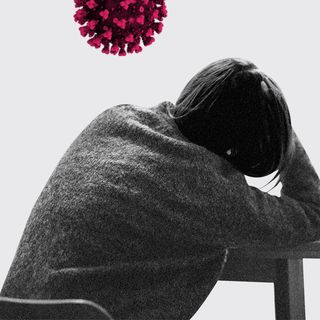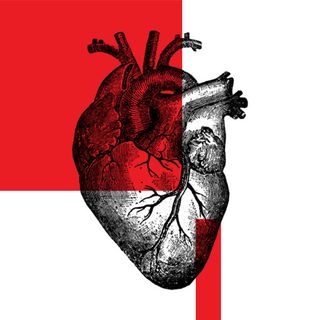One in four women develop postpartum depression within three years of giving birth, according to new research published in the journal Pediatrics. The findings suggest the risk window for postpartum depression is much longer than previously thought and current screening standards and support are inadequate.
In the West, new mothers usually undergo screenings for postpartum depression at one, two, four, and six months after childbirth, according to recommendations from the American Academy of Pediatrics. In India, few women receive postpartum depression screening at all.
“Our study indicates that six months may not be long enough to gauge depressive symptoms,” Diane Putnick, Ph.D., primary author, and scientist, said in a statement. “These long-term data are key to improving our understanding of mom’s mental health, which we know is critical to her child’s wellbeing and development.”
Around 85% of new mothers experience either postpartum blues, postpartum depression, or postpartum psychosis. For this study, which monitored more than 5,000 women, researchers assessed women’s symptoms through a depression-screening questionnaire to determine the presence of depressive symptoms. Researchers also discovered a higher prevalence of persistent, severe postpartum depressive symptoms in women with underlying conditions like mood disorders and/or gestational diabetes.
Related on The Swaddle:
Struggling with Postpartum Depression in India
Around 22% of new mothers in India cope with postpartum depression, but maternal mental health has taken a backseat in comparison to India’s staggering maternal mortality rates. Plus, no screening tools and data collection processes exist to better catch and understand postpartum depression. However, according to the World Health Organization (WHO), since maternal mortality rates are dropping steadily in India the focus of care will shift to maternal mental health.
“Mothers’ mental health is critical to children’s well-being and development,” the study authors write. “Evidence suggests that a large percentage of mothers with depression do not seek treatment. Many women hope that symptoms will abate over time without treatment. Assessing mothers multiple times early and late in the postpartum period and extending the postpartum period to at least two years after birth would provide a clearer picture of mothers whose symptoms are persisting or increasing, and mothers who had not already sought treatment could be connected with resources.”




